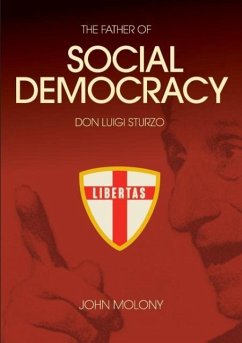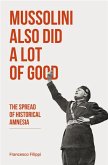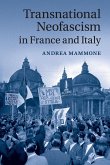Luigi Sturzo was an old man of 81 when John Molony met him in Rome in 1952. It was just prior to his nomination as senator by the President... To Molony's intense surprise he knew more about Australia and its political system than he had anticipated or indeed dared to hope. Molony put to him the question 'Do you think a Catholic political party would have a future in Australia?' His negative reply was immediate, direct and decisive. He went on to explain that in a society where the democratic process worked satisfactorily and where the people differed in their religious convictions it was much more reasonable and positive for everyone to work within the already established party system. Molony then asked him 'Why did you yourself found a Catholic party in Italy?' Again he was quick to answer, 'I did not found a Catholic party. It was a party of Christian inspiration with no direct ties with the Church'... DON Luigi Sturzo, the Father of Social Democracy is not merely a story about politics. It is a story of an ancient people who had come relatively late to democracy and who failed to respond to its ideals. The men of the Risorgimento had bequeathed to Italy all the outward forms of a modern democracy but the one basic thing they were unable to impart was its spirit. Thus in a land weakened by war, ravaged by ideological ardours, embittered by poverty and rendered aimless in its search for national identity, democracy went to the wall. It comes as no surprise that those political expressions which scorned the outward form of democracy were amongst the first victims of dictatorship. Thus the old Italian socialist movement was rent asunder with disunity and all its forms dissolved before the Duce. Yet it is a surprise that Sturzo's party, which formally at least was dedicated to both the form and spirit of democracy, was so quickly smitten with the rest. To some it would come as an even greater surprise that the Italian fascist state and the Vatican worked hand in hand to help destroy the Partito Popolare.
Hinweis: Dieser Artikel kann nur an eine deutsche Lieferadresse ausgeliefert werden.
Hinweis: Dieser Artikel kann nur an eine deutsche Lieferadresse ausgeliefert werden.








